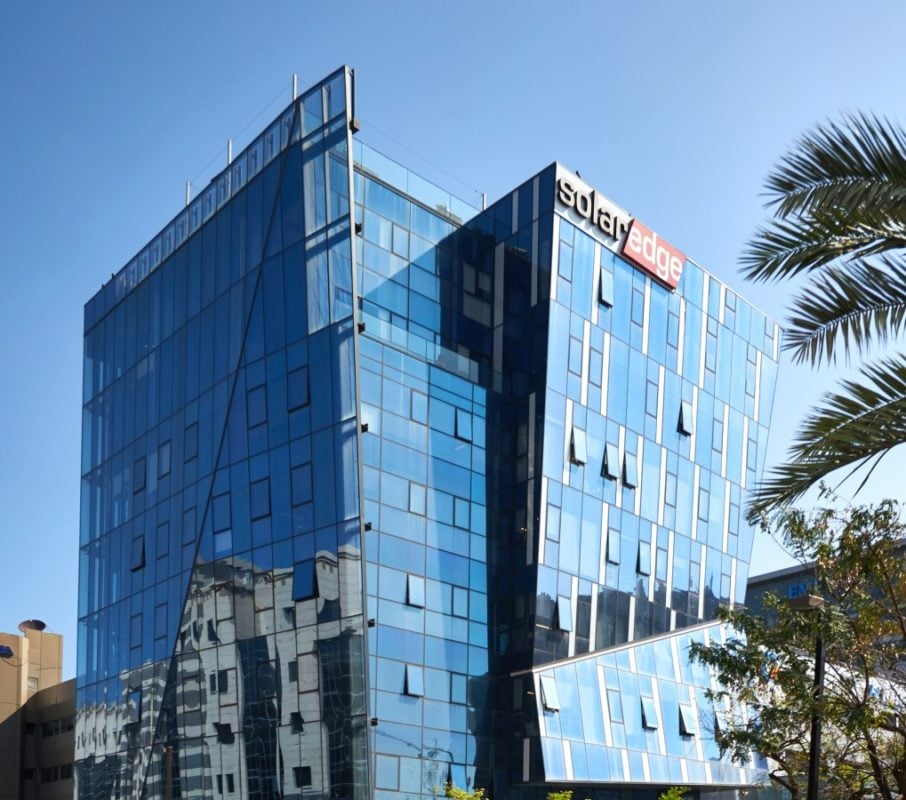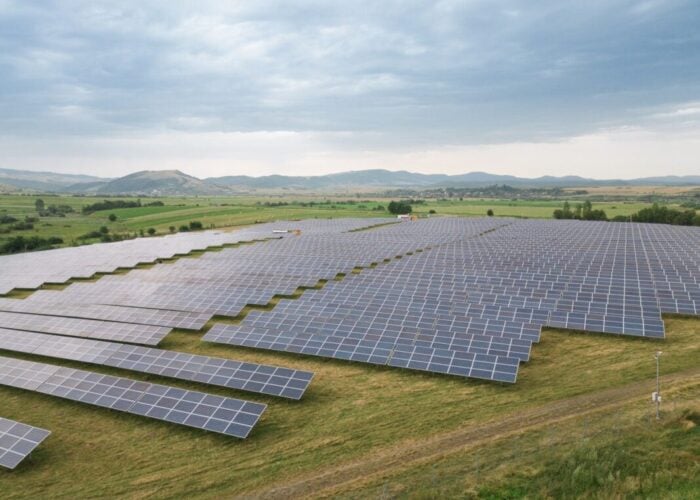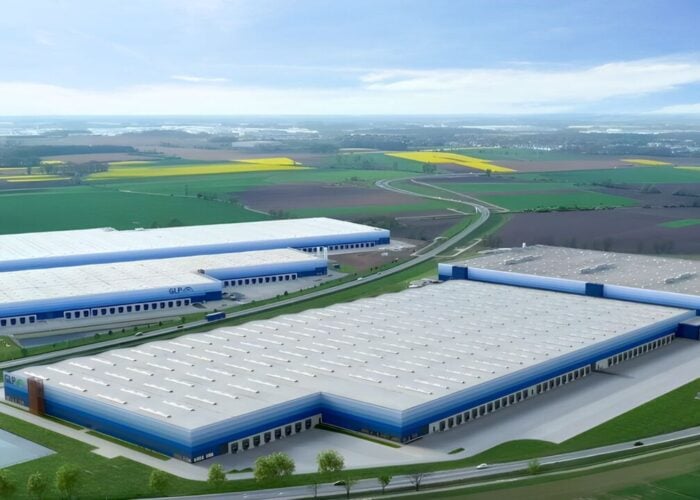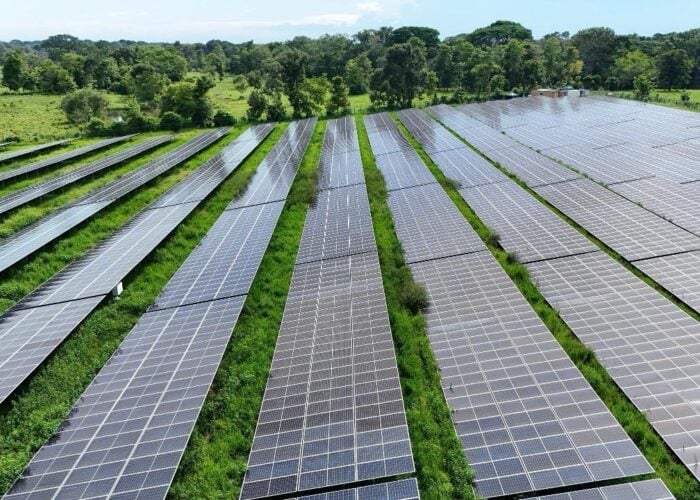
SolarEdge Technologies’ solar power optimisers and inverters could face an import ban into the US after the country’s International Trade Commission (ITC) said it would begin an investigation following a complaint filed by optimiser provider Ampt.
In its complaint filed last month, Colorado-based Ampt requested that the ITC ban the import of SolarEdge’s power systems and components that allegedly infringe two of its patents. Ampt is also seeking a ban on the sale of these products in the US after they are imported.
Try Premium for just $1
- Full premium access for the first month at only $1
- Converts to an annual rate after 30 days unless cancelled
- Cancel anytime during the trial period
Premium Benefits
- Expert industry analysis and interviews
- Digital access to PV Tech Power journal
- Exclusive event discounts
Or get the full Premium subscription right away
Or continue reading this article for free
The ITC said within 45 days after the institution of the investigation it will set a target date for completing the probe.
Ampt expects a decision in 2023.
“We appreciate the commission’s decision to investigate SolarEdge’s unlawful use of our proprietary technology without asking our permission or compensating us,” said Levent Gun, Ampt’s CEO.
In response to the ITC’s announcement, Israel-based SolarEdge said in a statement: “SolarEdge and Ampt have been litigating a dispute involving a patent family filed by SolarEdge and a patent family filed by Ampt before the United States Patent and Trademark Office (USPTO) for many years.
“Recently, the USPTO awarded priority of invention to SolarEdge, cancelled the claims of Ampt’s patents, and awarded the patent claims in these Ampt patents to SolarEdge. It appears that having lost before the USPTO, Ampt is now shopping around its claims to other courts. SolarEdge anticipates a vigorous defence of these new cases.”
Publishing its Q2 results earlier this month, SolarEdge revealed it posted record revenues and inverter shipments for the quarter as it benefited from strong demand in the US and Europe.
In May the firm agreed on a global patent licence agreement with Huawei, ending lawsuits between the companies that were pending in Germany and China.






